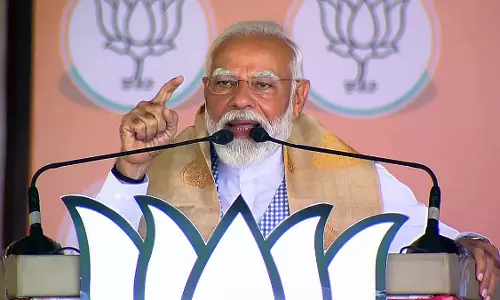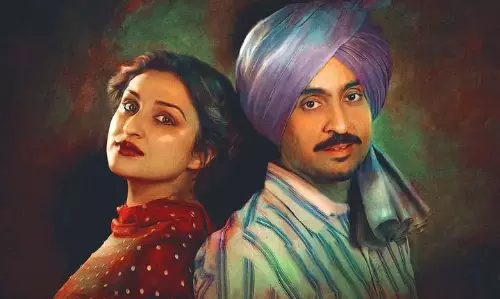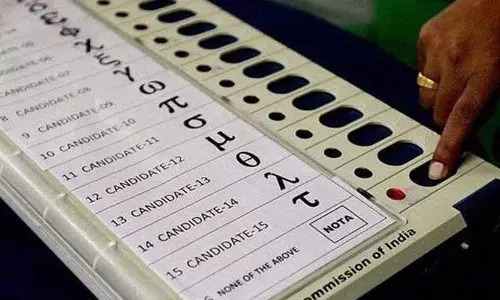
Juvenile Justice Law feasible?
text_fieldsThe Lok Sabha on Thursday has passed the Juvenile Justice (Care and Protection of Children) Bill against the resistance of the Opposition parties paving way for juveniles coming in the 16-18 age group accused of heinous crimes like rape and murder, to be tried as adults.
The legislation would replace the existing Juvenile Justice Act, 2000 and comes amidst the increasing number of serious crimes being committed by persons in the age group of 16-18 years. The 16 year old found guilty in the shocking Nirbhaya gang rape and fatal assault case was given a three year punishment in a correctional home, triggering nationwide outrage. The Juvenile Board awarded him the maximum punishment provided in the Juvenile Justice (Care and Protection of Children) Act. The UPA government, following strong opposition, had earlier abandoned the move to reduce the age to 16 to be tried as adults. The NDA government was able to overcome the opposition due to its majority in the Lok Sabha and passed the law. According to the Bill, if a juvenile is found guilty of committing a heinous crime, it would be examined by a Juvenile Justice Board to assess if the crime was committed as a 'child' or as an 'adult'. These assessments will have experienced psychologists and social experts.
Maneka Gandhi, Union Minister for Women & Child Development had called for an amendment in the law citing the increasing number of juvenile criminals in the country. Around 28, 000 juveniles committed various crimes in 2013 out of which 3887 had allegedly committed heinous crimes. This dangerous situation has to be curbed. The gravity of the punishment is just one of the reasons for reducing the number of crimes provided an unbound investigation, sincere hearing of the witnesses, unbiased implementation of law are completed within a logical time frame. Despite stringent laws for violence against women, such heinous crimes continue to rise in the country. The incident in which a girl and her mother were seriously injured after trying to escape molesters off a moving bus is an instance. The negligence and sluggishness in taking appropriate actions had drawn wide spread criticisms.
The children and the adolescents turn into hardcore criminals due to the social circumstances. They are driven into crimes by the adults. They often learn seeing the desultory and indulgent ways of the people around them including the politicians, officials, teachers, godmen and artists. No effective awareness is present in the secular educational programs. Advanced technology and the new age media play a vital role in luring the children into crimes. Visual media like films give them the wrong message of escaping the law after committing a crime rather than instilling the reality that heinous crimes ruin lives. The media often promulgate vulgar stuff and no healthy sexual education is provided for the children. A survey report reveals that Malayalis start consuming intoxicants as early as 13 years of age. There are limited opportunities for the juvenile criminals to rectify their wrong or a system in prisons to mould them into good citizens. The present conditions in prison are also likely to convert them into hardcore criminals. Turning a blind eye towards such realities or reducing the age for trial would not do any good.























